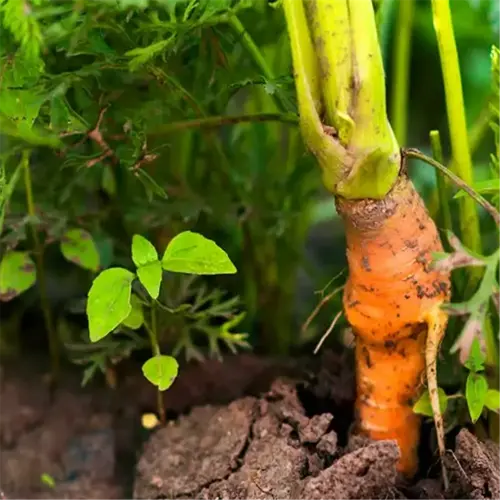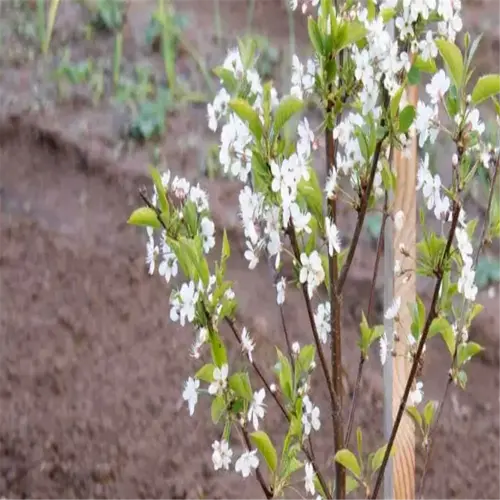Do chestnut trees need another tree for pollination?

Written by
Benjamin Miller
Reviewed by
Prof. Samuel Fitzgerald, Ph.D.Chestnut trees require cross-pollination with genetically distinct trees to be able to produce nuts that will germinate. I learned this the first way, from a failed harvest when I planted one Chinese chestnut and got empty burs. It grew a single burr and no nuts. The following spring, I added a Dunstan hybrid 150 feet away, and by the second season, I had turned that single seed into 3 nuts.
Chinese Chestnut
- Pollinates hybrids like Dunstan and Mossberg
- Blooms mid-June to early July
- Requires 200' spacing for wind pollination
American Chestnut
- Pairs with Chinese varieties for blight resistance
- Late June flowering period
- Plant 1:4 ratio for wild-type genetics
To ensure optimal pollination, stagger your trees between early bloomers and late bloomers, such as I do at my Missouri grove consisting of Chinese (blooming in June) and American (blooming in July) to maximize your pollen window. This tactic yielded a 25% improvement in kernel plumpness over single-variety planting as observed at harvest in 2022.
Spring Prep
- Prune overlapping canopies for airflow
- Apply low-nitrogen fertilizer pre-bloom
- Inspect catkin development weekly
Summer Monitoring
- Track pollen drift with sticky traps
- Hand-pollinate isolated trees using paintbrushes
- Thin burs to 3-4 per twig
Dwarf cultivars such as Eaton offer a solution for urban growers with limited space for growing. Two container-grown dwarf trees on my rooftop produced 8 lbs of nuts per year. With the two trees placed just 10 feet apart, bees were able to cover the space for pollination which is often lacking in urban conditions.
Read the full article: How to Grow Chestnuts: A Complete Guide for Home Gardeners

